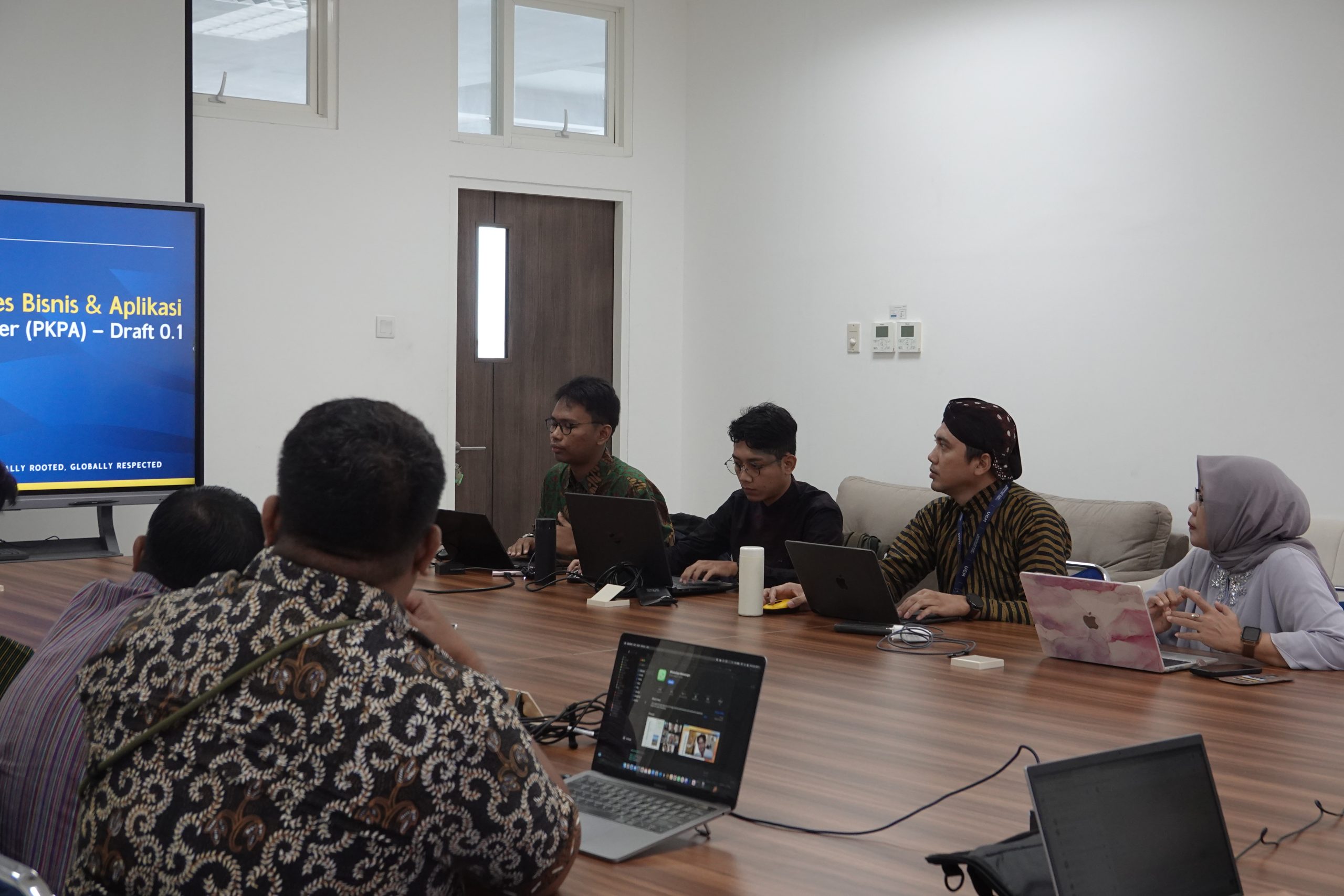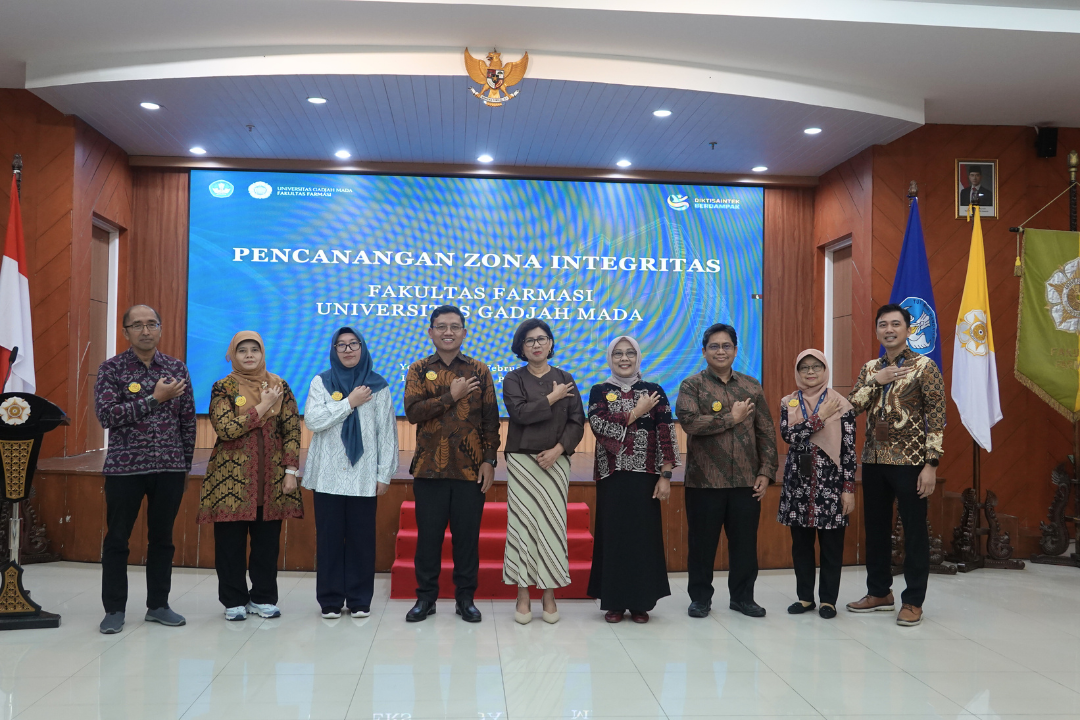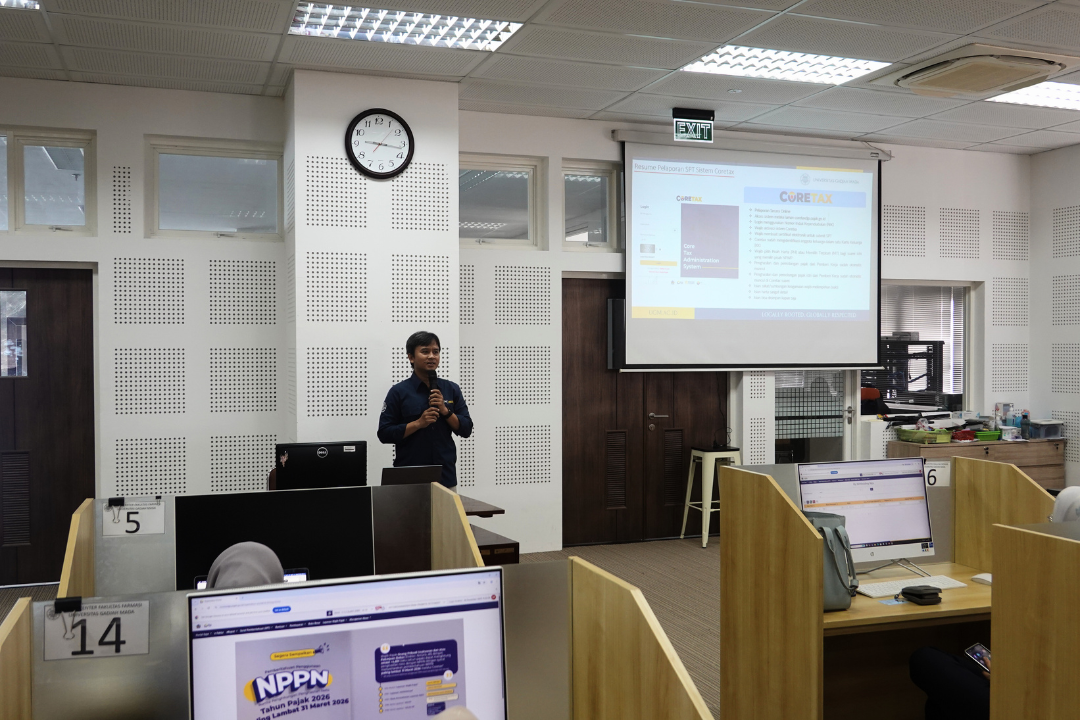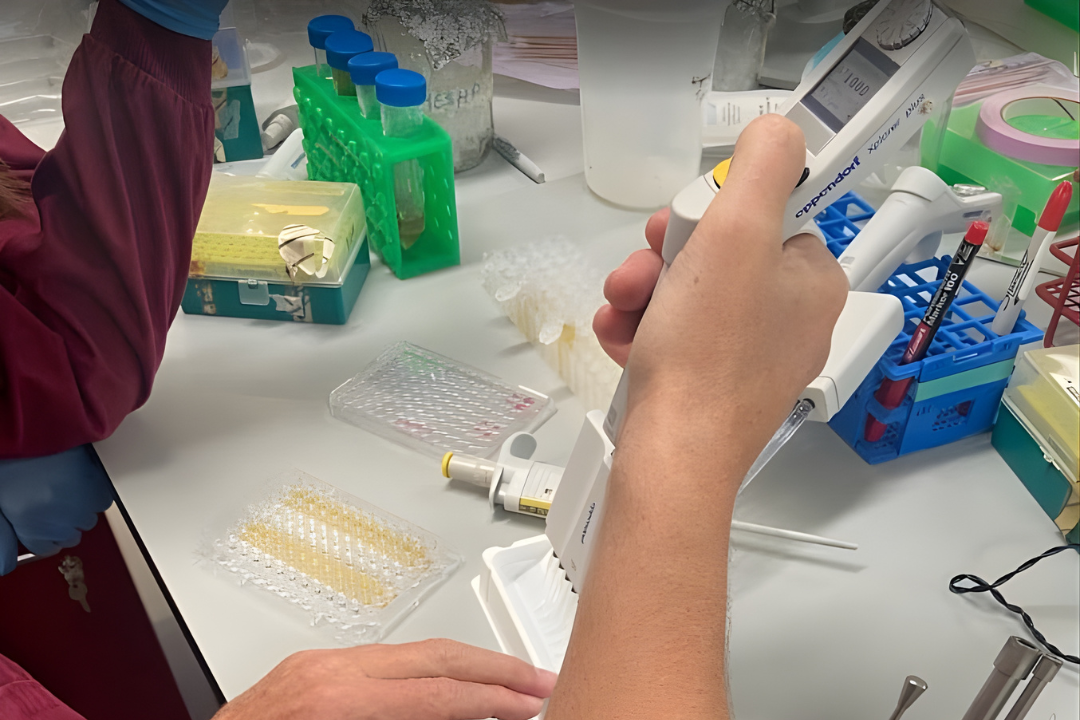Yogyakarta, June 5, 2025 – The Faculty of Pharmacy at Universitas Gadjah Mada (UGM) today held a Workshop on Design for its Pharmacist Professional Practice (PKPA) Information System. This event marks a strategic move towards designing a comprehensive information system to support the entire PKPA program, a crucial component for pharmacy students.
The Pharmacist Professional Practice (PKPA) program at UGM’s Pharmacist Profession Study Program (PSPA) is conducted across various healthcare facilities and partner institutions, including pharmacies, community health centers (puskesmas), pharmaceutical wholesalers (PBF), pharmaceutical industries, and hospitals. This hands-on experience is essential for aspiring pharmacists. The primary goal of developing this PKPA information system is to foster effective communication among all stakeholders: students, academic supervisors, field preceptors, and partner institutions. Furthermore, the system will simplify student placement at PKPA sites and the assignment of respective academic supervisors and preceptors. It is also designed to optimize the PKPA assessment process through an integrated and user-friendly digital platform, while also streamlining the preparation, submission, and review of PKPA reports by students and supervisors in a more efficient and well-documented manner. Ultimately, the system aims to enhance the study program’s administrative efficiency in managing correspondence, crucial documents, and digital records of all PKPA activities.
This PKPA Information System development extends beyond administrative modernization; it aligns with the Faculty of Pharmacy UGM’s commitment to supporting the Sustainable Development Goals (SDGs). This initiative significantly contributes to SDG 4: Quality Education. By simplifying placement processes, enhancing communication, and optimizing assessments and reporting through a digital platform, the quality of students’ learning experience during PKPA will improve. The system ensures that the pharmacist professional education process is more effective, well-documented, and produces highly competent graduates who meet established standards. The administrative efficiencies gained will also allow the study program to concentrate more on enhancing the substantive quality of the PKPA program.
Furthermore, more competent pharmacist graduates, resulting from a higher-quality PKPA process, will positively impact SDG 3: Good Health and Well-being. By facilitating comprehensive assessments and accurate documentation, this information system helps ensure that aspiring pharmacists thoroughly master good pharmaceutical practices. Their readiness to provide responsible pharmaceutical services in pharmacies, hospitals, and community health centers will directly enhance the quality of healthcare services and patient safety.
This initiative is also pertinent to SDG 8: Decent Work and Economic Growth. A more efficient and structured PKPA management system enables UGM’s PSPA to produce pharmacist graduates who are not only technically proficient but also possess a better understanding of professional workflows. Easy access to PKPA documentation and activity records can serve as a valuable portfolio for students entering the job market. The system also fosters more accountable and transparent processes, crucial aspects of good governance that support the growth of the pharmaceutical sector as part of the national economy.
Through this workshop and the subsequent development of the PKPA information system, the PSPA of the Faculty of Pharmacy UGM aims to continue producing outstanding pharmacists who are prepared to contribute significantly to the nation’s health advancement and the achievement of SDG targets.





